The life becomes so difficult when you are under the weather. Even a common cold can test your patience and limit you to your home only. Along with many other symptoms, like a runny nose, sneezing, upset stomach, etc., you experience muscle pains when you are sick. Your muscle ache could be quite intense – it is different for different people though. These pains can make things even more difficult, but why do you have ache muscles when sick? Is it natural to feel all the stiffness caused by seasonal allergies or infections? Is there anything you should do to relieve pain? Let's find out now!
Why Do Muscles Ache When Sick?
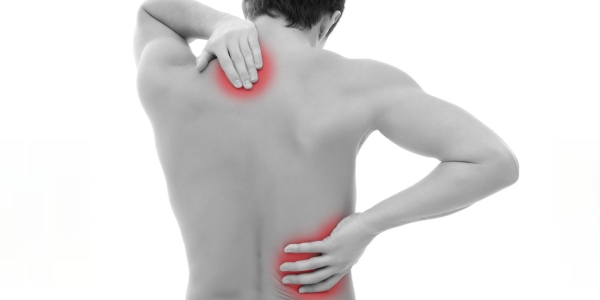
Your muscles ache when you are sick mainly because your immune system reacts to the infection or illness by producing plenty of antibodies. These antibodies also promote the release of histamine to widen your blood vessels and improve your defense against the infection. Histamine receptors in your blood cause your vessels to dilate, but these chemicals can also get in your muscles and other body parts, making them feel sore and painful.
At the same time, your body releases cytokines in respond to an immune response triggered by an infection, but this can create a biochemical pathway that has an impact on pain receptors. These pain receptors actually become more sensitive due to cytokines and histamine, and that answers the question, "Why do muscles ache when sick?" It is worth mentioning though that the overall perception of aches and pains may be different for different people, and the combinations of physiological, psychological, and sometimes nutritional factors can influence this as well.
How to Relieve Muscle Aches from Sickness
Muscle aches when you are sick can make the illness more difficult to tolerate with. To alleviate that ache, here are some steps to take:
1. Take Acetaminophen or Ibuprofen
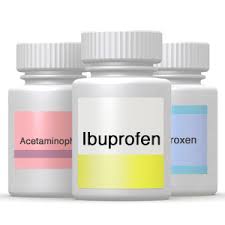
These OTC medicines not just help reduce fever but also make body aches more manageable. Ibuprofen lowers temperature and reduces inflammation in the body. Acetaminophen works by reducing pain signals in the central nervous system – it does nothing to reduce inflammation though. You may benefit more by alternating between them. Be sure to follow the directions on the package and never double the dose without talking to your doctor. Keep in mind that prolonged use of NSAIDs can damage the protective lining in the stomach and lead to gastrointestinal bleeding.
2. Avoid Aspirin
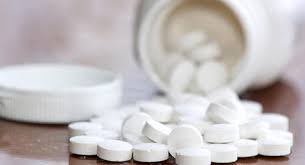
Adults can have aspirin to reduce pain and body aches but you should not give aspirin to children because it can lead to Reye's syndrome that affects the liver and brain. The most common symptoms of Reye's syndrome are mental confusion, lethargy, nausea, seizures, and vomiting.
3. Take Plenty of Rest
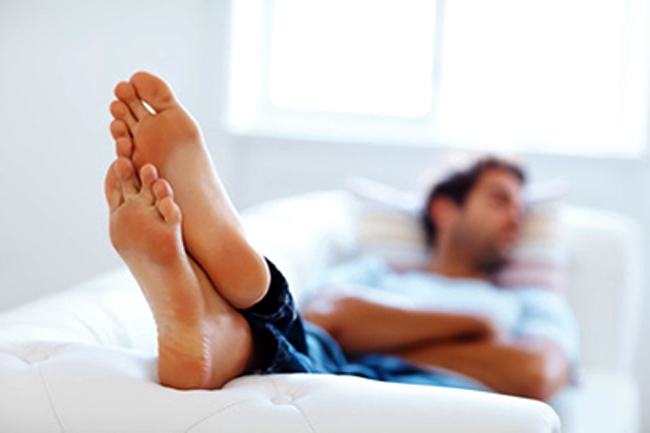
Why do muscles ache when sick? That's because your body is doing everything it can to eliminate the infection. Therefore a little rest will definitely help make things better. Resting boosts your immune function and accelerates recovery. It is important to take rest even if you are taking pain-relieving medications.
4. Drink Plenty of Fluids
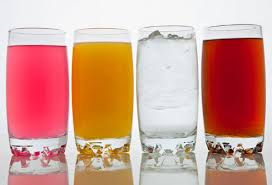
When you have high fever, it is important to increase your intake of fluids to prevent dehydration. Dehydration is a serious concern if you also have diarrhea or vomiting. Your body needs cool fluids not just to cool down but also to hydrate cells in the body. You can always have sports drinks like Power Aid and Gatorade or enjoy clear liquids such as soups or broths to replenish lost electrolytes. Green tea is another nice option because it is quite beneficial for your immune system.
5. Pay Attention to What You Eat

You should eat foods high in antioxidants because they lower inflammation in the body and also boost your immune system, which in turn makes it easier for your body to combat infections. Some nice foods packed with antioxidants include cherries, blueberries, tomatoes, and veggies such as bell peppers and squash. Stay away from highly processed and junk foods, such as fries, white bread, doughnuts, and sweets.
6. Other Ways
Along with taking painkillers and eating healthy foods, you can also take other steps to reduce muscle pains. For instance:
- Lie on your couch or bed and use a pillow to elevate your legs. Simply by keeping your legs above the level of your heart will promote blood flow through the legs, which in turn helps minimize the pains and aches you may be feeling.
- Make use of heated blankets or heating pads to relieve pain. Get in your bed and place a couple of heating pads wherever the aches are. If you are using a heated blanket, set it to a medium-heat setting and craw underneath it. You should not spend too much time there or you could burn yourself.
